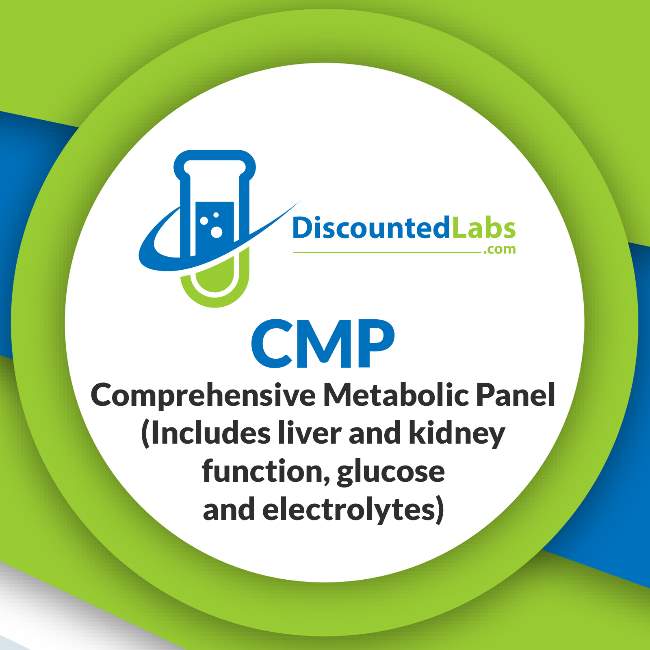Hey All,
My usual routine for years:
120 mg T/week
HCG or Pregnyl 800/week
Occasional Oxandrolone @ 25mg/day 3-4 days a week (6 months out of the year)
Doc has me OK’d for higher T use, Deca, etc. but I stay conservative.
Supplements:
Multi
CoQ10
4 Fish Oils/day (total 1.7 Grams EPA / 1 Gram DHA)
Creatine about 6 months/year
Curcumin 1000mg/day
Zinc 15mg/day
Diet: - I eat clean - almost 100% unprocessed:
2 Eggs/day with 6 whites
Oatmeal
Berries
Olive oil
Rice
Meat
Chicken
Fish/Salmon
Veggies
I do use butter
My blood tests are below and I want to know:











My usual routine for years:
120 mg T/week
HCG or Pregnyl 800/week
Occasional Oxandrolone @ 25mg/day 3-4 days a week (6 months out of the year)
Doc has me OK’d for higher T use, Deca, etc. but I stay conservative.
Supplements:
Multi
CoQ10
4 Fish Oils/day (total 1.7 Grams EPA / 1 Gram DHA)
Creatine about 6 months/year
Curcumin 1000mg/day
Zinc 15mg/day
Diet: - I eat clean - almost 100% unprocessed:
2 Eggs/day with 6 whites
Oatmeal
Berries
Olive oil
Rice
Meat
Chicken
Fish/Salmon
Veggies
I do use butter
My blood tests are below and I want to know:
- How can I improve my blood markers like Apo?
- How can I improve cholesterol while eating red meat, butter and eggs? (I know about the oxandrolone)
- Any major concerns I should have? (no worries on estrogen - I do better with it high)
































